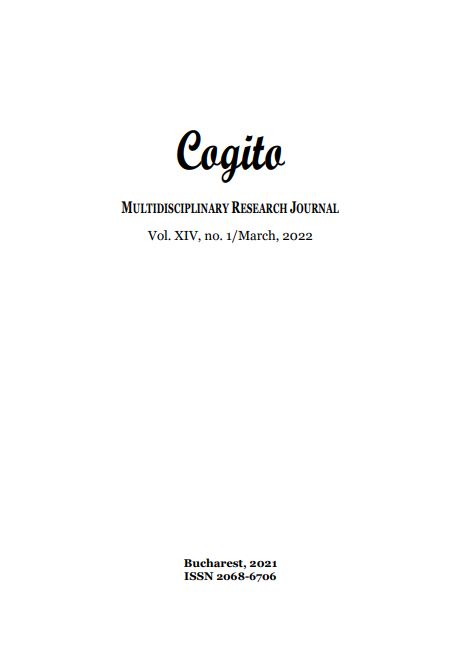LIES AND DECEPTION IN MODERN ENGLISH DIPLOMATIC DISCOURSE: PRAGMATICS IN INTERDISCIPLINARY FOCUS
LIES AND DECEPTION IN MODERN ENGLISH DIPLOMATIC DISCOURSE: PRAGMATICS IN INTERDISCIPLINARY FOCUS
Author(s): Oleksandr Kolesnyk, Mariia HoltsevaSubject(s): Language studies, Pragmatics
Published by: Editura Pro Universitaria
Keywords: verbal means; lie/deception; pragmatics; system; English; diplomatic discourse;
Summary/Abstract: This article considers verbal means involved in the acts of lie/deception unfolding in the diplomatic discourse during the meetings at the United Nation Security Council. The article discusses the phenomenon of lies as a part of diplomatic “power play” and suggests a logical model of lying as a systemic phenomenon pertaining to modeling alternative realities. Verbal means responsible for creating false states of affairs or conveying false information are analyzed in terms of their semantics and stylistic potential. The units under analysis function as the means of misleading, subterfuge, bluffing, and informational distortion. The primary objective of the analysis is reconstruction of liars’ pragmatics intentions. Further interpretation of the reconstructed pragmatic intentions is carried out within the framework of the theory of myth-oriented semiosis and M-logic methodology. The said intentions are treated as systemic factors correlating in hierarchical, causative and complementary dimensions and shaping respective informational interactions. The article treats liars-diplomats as language personalities and expands their characteristics as discourse personalities (involved in professional discourse) and model language personalities (successful liars).
Journal: Cogito - Multidisciplinary research Journal
- Issue Year: 2022
- Issue No: 1
- Page Range: 154-173
- Page Count: 20
- Language: English

